Advertisement
Artificial intelligence is quickly shifting from concept to daily reality in workplaces around the world. Two recent announcements highlight how businesses are planning for this change with a balanced focus on technology and people. Salesforce released its Agentic AI Adoption Blueprint, a guide for integrating AI-driven agents into operations with clear policies and oversight.
At the same time, Virgin Atlantic launched an AI apprenticeship program to prepare employees for more data-driven roles. These moves reflect a growing understanding that adopting AI responsibly requires careful planning, transparency, and equipping employees with the necessary skills to succeed.
Salesforce's Agentic AI Adoption Blueprint aims to help organizations implement AI agents thoughtfully and effectively. Rather than relying on vague promises, it lays out practical steps: identifying business priorities, evaluating readiness, defining clear governance, and maintaining accountability throughout deployment.
The blueprint defines agentic AI as systems designed to operate independently within boundaries set by humans. These agents can support customer service, manage internal processes, or generate context-aware recommendations. By automating repetitive work, they free people to focus on higher-value tasks. Salesforce argues that many organizations rush to deploy AI without considering how it fits into existing workflows or how to maintain alignment with human oversight.
Accountability is one of the blueprint’s strongest points. It recommends defining clear roles for monitoring, training employees on how AI makes decisions, and ensuring humans remain in control of sensitive judgments. This helps reduce risks, avoid misuse, and build trust within organizations.
Practical examples included in the document show how agentic AI works in real-world settings. Retailers can use it for inventory management based on live data. Financial advisors can receive tailored insights before meetings. These cases illustrate how AI agents can improve efficiency while still relying on human judgment where it matters most.
Virgin Atlantic’s AI apprenticeship program complements this focus by addressing workforce readiness. The airline designed the program to help employees develop the digital and analytical skills needed as the company integrates more automation and predictive analytics into its operations.

The program combines classroom learning with on-the-job projects, covering topics like machine learning fundamentals, ethical considerations, and applied data analysis. Employees learn to use AI tools as assistants rather than competitors, which gives them confidence and helps ease concerns about job security.
For example, customer-facing staff are trained to use AI to predict passenger needs or suggest personalized services. Technicians can learn to spot patterns in maintenance data that might indicate a problem before it disrupts operations. The program reflects the airline’s belief that AI should augment, not replace, its workforce.
This apprenticeship model also signals a commitment to long-term workforce development. By equipping employees with transferable skills, Virgin Atlantic ensures they remain valuable contributors even as technology evolves. The program shows that investing in people can keep them engaged and help organizations adapt more smoothly to new technologies.
These two initiatives arrive at a time when businesses are under increasing pressure to adopt AI. Yet many lack a clear plan or leave workers behind in the process. Together, Salesforce’s blueprint and Virgin Atlantic’s apprenticeship offer a more measured approach that combines strategy with workforce support.
Both emphasize that AI is not a shortcut to success. They present it as a tool that requires governance, training, and transparency. Neither company promotes the idea that technology alone can solve organizational challenges. Instead, they advocate for embedding AI into existing structures and giving staff the knowledge and confidence to work alongside it.
Ethics and accountability are recurring themes in both initiatives. They underscore the need to keep humans involved in decisions and ensure transparency in how AI systems operate. Employees and customers alike are more likely to trust organizations that take the time to implement AI responsibly and clearly explain its role.
The focus on workforce development is particularly significant. Virgin Atlantic’s apprenticeship helps employees see AI as a partner rather than a threat, while Salesforce’s guide urges companies to train their people on how to use and monitor AI systems. These efforts suggest that skills like data literacy and understanding AI-driven recommendations will soon become as standard as using email or spreadsheets.
Many organizations feel pressured to implement AI quickly, but this can lead to missteps. Salesforce’s Agentic AI Adoption Blueprint helps leaders slow down and map out the process in manageable stages, while Virgin Atlantic’s apprenticeship ensures that employees are ready for the changes.

When companies invest in both planning and people, they're more likely to achieve results that improve workflows and build trust. The two announcements demonstrate how companies can integrate AI in ways that strengthen, rather than disrupt, their workplace culture. Both emphasize that AI adoption works best when guided by clear policies, supported by employee education, and aligned with business goals.
By treating AI as a shared tool rather than a top-down mandate, these examples encourage a healthier relationship between technology and the workforce. Employees feel more secure and more engaged, while organizations maintain control over how AI is used and monitored. This approach helps avoid common pitfalls, like introducing systems that employees don’t understand or trust.
Salesforce and Virgin Atlantic show that thoughtful AI adoption is not just about technology—it’s about people and processes working together. Salesforce provides a roadmap for deploying agentic AI with accountability and purpose. Virgin Atlantic ensures employees are equipped to thrive in an AI-supported workplace. Both initiatives demonstrate that successful AI integration depends on planning, transparency, and trust. They reflect a growing recognition that while AI can automate tasks and support decisions, it’s the people who work alongside these systems who define how effective they become. By taking a balanced approach, these companies offer a more sustainable way to embrace AI while keeping human expertise and judgment at the center.
Advertisement

Explore Airflow data intervals, scheduling, catch-up, and backfilling to design reliable workflows and optimize task execution

Tech giants respond to state-level AI policies, advocating for unified federal rules to guide responsible AI use.
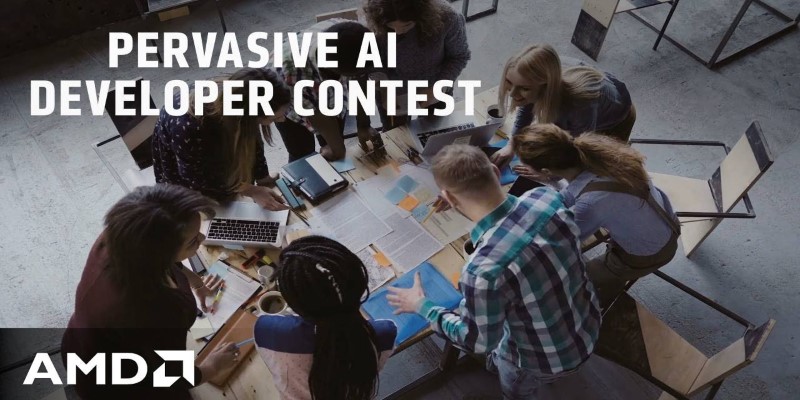
Looking to build practical AI that runs at the edge? The AMD Pervasive AI Developer Contest gives you the tools, platforms, and visibility to make it happen—with real-world impact
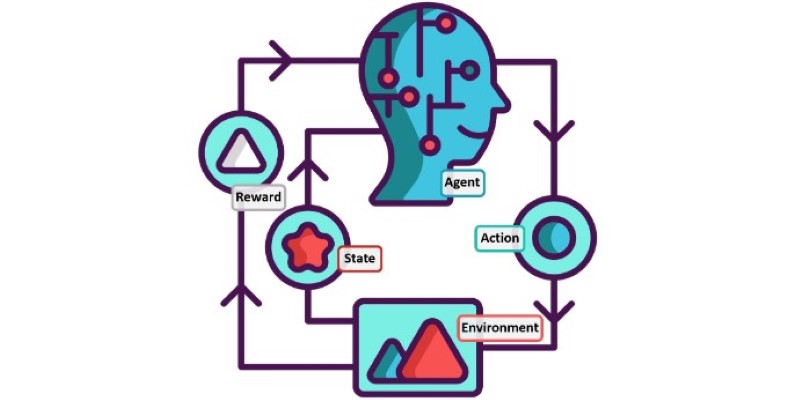
Confused between lazy learning and eager learning? Explore the differences between these two approaches and discover when to use each for optimal performance in machine learning tasks
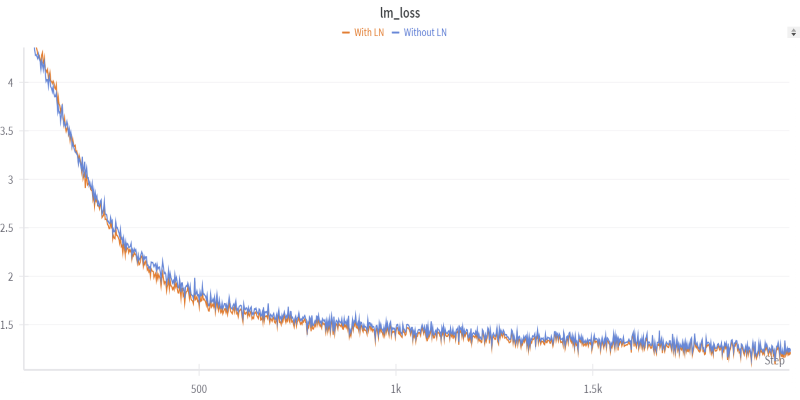
Want to shrink a large language model to under two bits per weight? Learn how 1.58-bit mixed quantization uses group-wise schemes and quantization-aware training

Discover why banks must embrace innovation in compliance to manage rising risks, reduce costs, and stay ahead of regulations
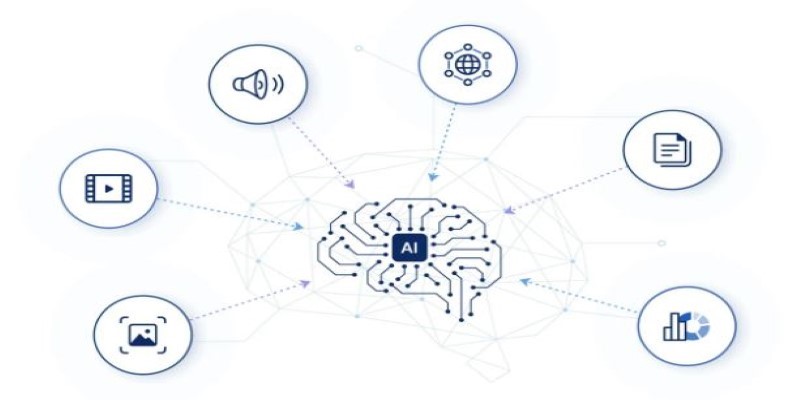
How far can AI go when it comes to problem-solving? Google's new Gemini model steps into the spotlight to handle complex tasks with surprising nuance and range

Discover the best Business Intelligence tools to use in 2025 for smarter insights and faster decision-making. Explore features, ease of use, and real-time data solutions
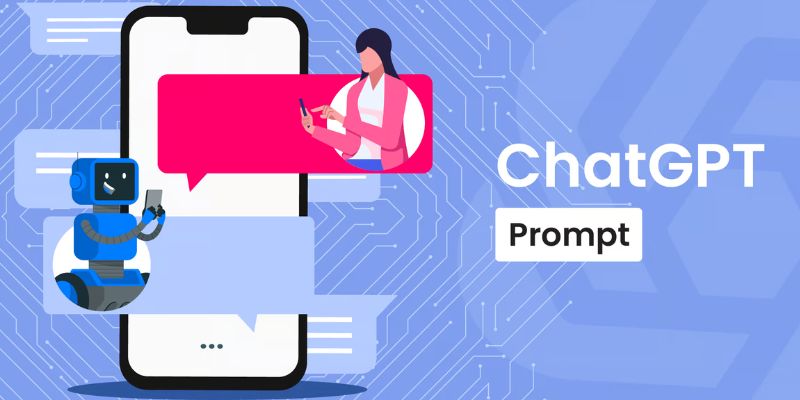
Discover the top eight ChatGPT prompts to create stunning social media graphics and boost your brand's visual identity.

How Locally Linear Embedding helps simplify high-dimensional data by preserving local structure and revealing hidden patterns without forcing assumptions

Discover how the NLP course is evolving into the LLM course, reflecting the growing importance of large language models in AI education and practical applications
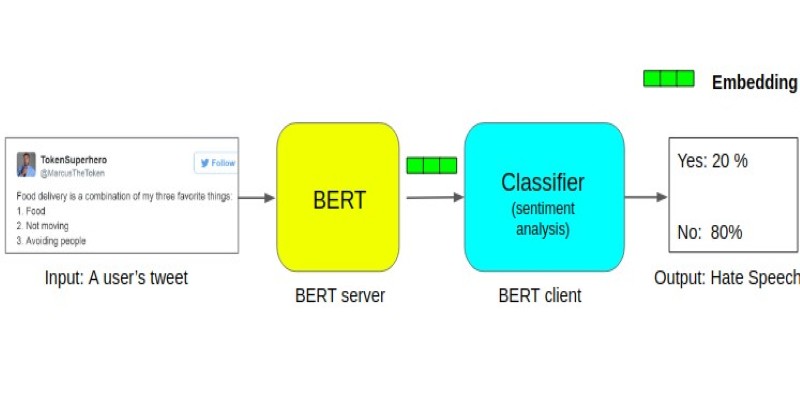
Learn about the BERT architecture explained for beginners in clear terms. Understand how it works, from tokens and layers to pretraining and fine-tuning, and why it remains so widely used in natural language processing